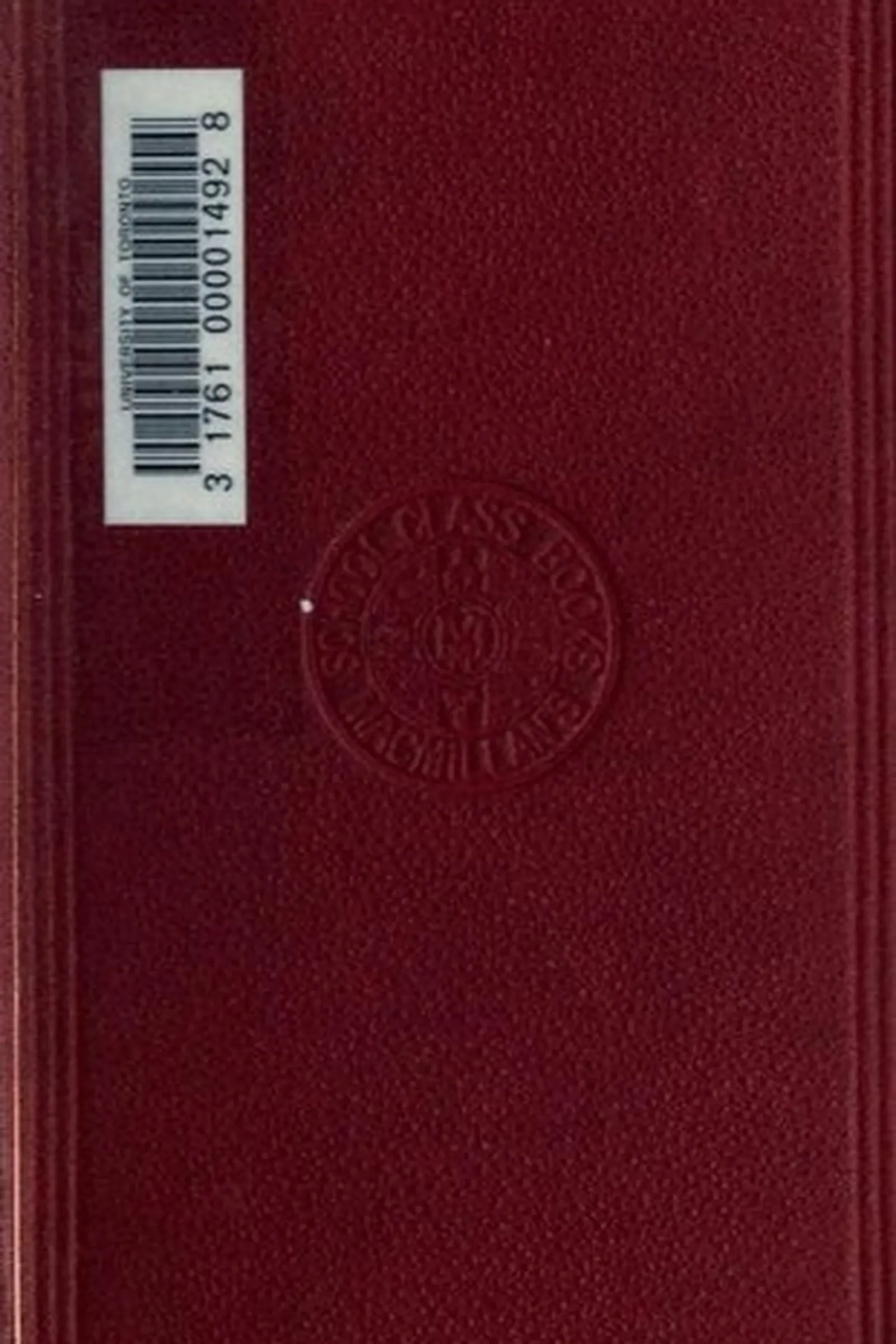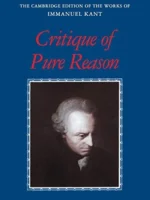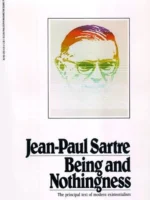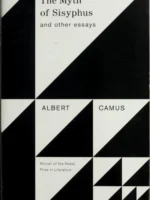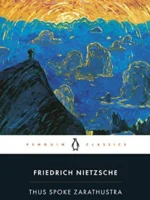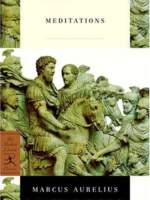The Republic, Plato, 380
- Author: Plato
- Genre: Philosophy
- Publisher: Penguin Classics
- Publication Year: 1888
- Pages: 416
- Format: Paperback
- Language: English
- ISBN: 978-0140455113
- Rating: 4,4 ★★★★★
The Republic Review
About
Plato’s The Republic, written around 380 BCE, is one of the foundational works of Western philosophy and political thought. It’s a dialogue that asks what justice is and how a just society should be structured. Through the voice of Socrates, Plato explores ethics, power, education, and the very nature of truth. Despite its ancient origins, the questions it raises—about leadership, morality, and truth—still shape how we think about society today.
Overview
The dialogue begins as a conversation about justice and expands into a blueprint for an ideal city-state, ruled by philosopher-kings. Plato contrasts appearance and reality, arguing that most people live in ignorance, mistaking shadows for truth—a metaphor that remains timeless in the allegory of the cave. The Republic blends philosophy, psychology, and politics, seeking harmony between the individual soul and the collective good.
Summary
(light spoilers) Socrates leads his listeners through a series of thought experiments, defining justice as balance and order within both person and state. He divides society into three classes—rulers, guardians, and producers—each reflecting parts of the soul: reason, spirit, and appetite. Through the allegory of the cave, he describes enlightenment as painful but necessary—the philosopher must return to the cave to guide others. The dialogue ends on a visionary note, describing the afterlife and moral order, implying that justice benefits the soul beyond the grave. The result is part utopia, part mirror, forcing readers to examine their own assumptions about truth and power.
Key Themes / Main Ideas
• Justice as balance — both personal and social harmony.
• Knowledge versus ignorance — the allegory of the cave.
• Leadership and wisdom — philosopher-kings as moral rulers.
• Education — the slow, painful ascent toward truth.
• Morality — the good life as a disciplined, examined life.
Strengths and Weaknesses
• Strengths — Brilliantly structured; still intellectually alive after two millennia.
• Strengths — Marries abstract thought with vivid imagery.
• Weaknesses — Idealism can feel rigid or authoritarian.
• Weaknesses — Socratic repetition may test modern patience.
Reviewed with focus on themes, audience, and takeaways — Plato
| pa_author | Plato |
|---|---|
| ISBN | 978-2-236-61357-4 |
| pa_year | 1966 |
| Pages | 403 |
| Language | English |

